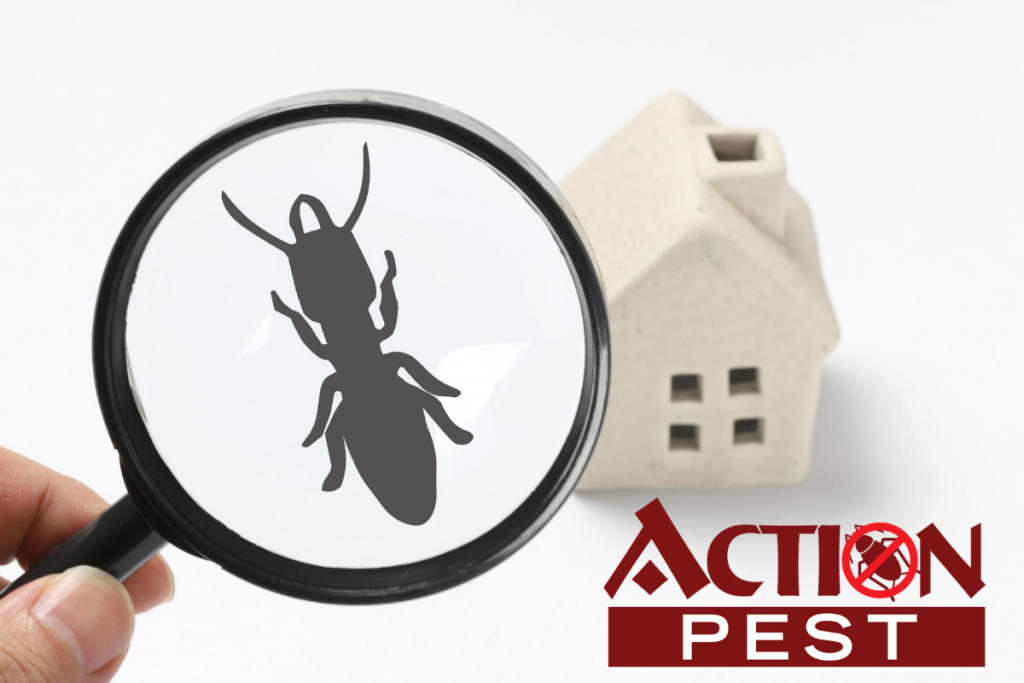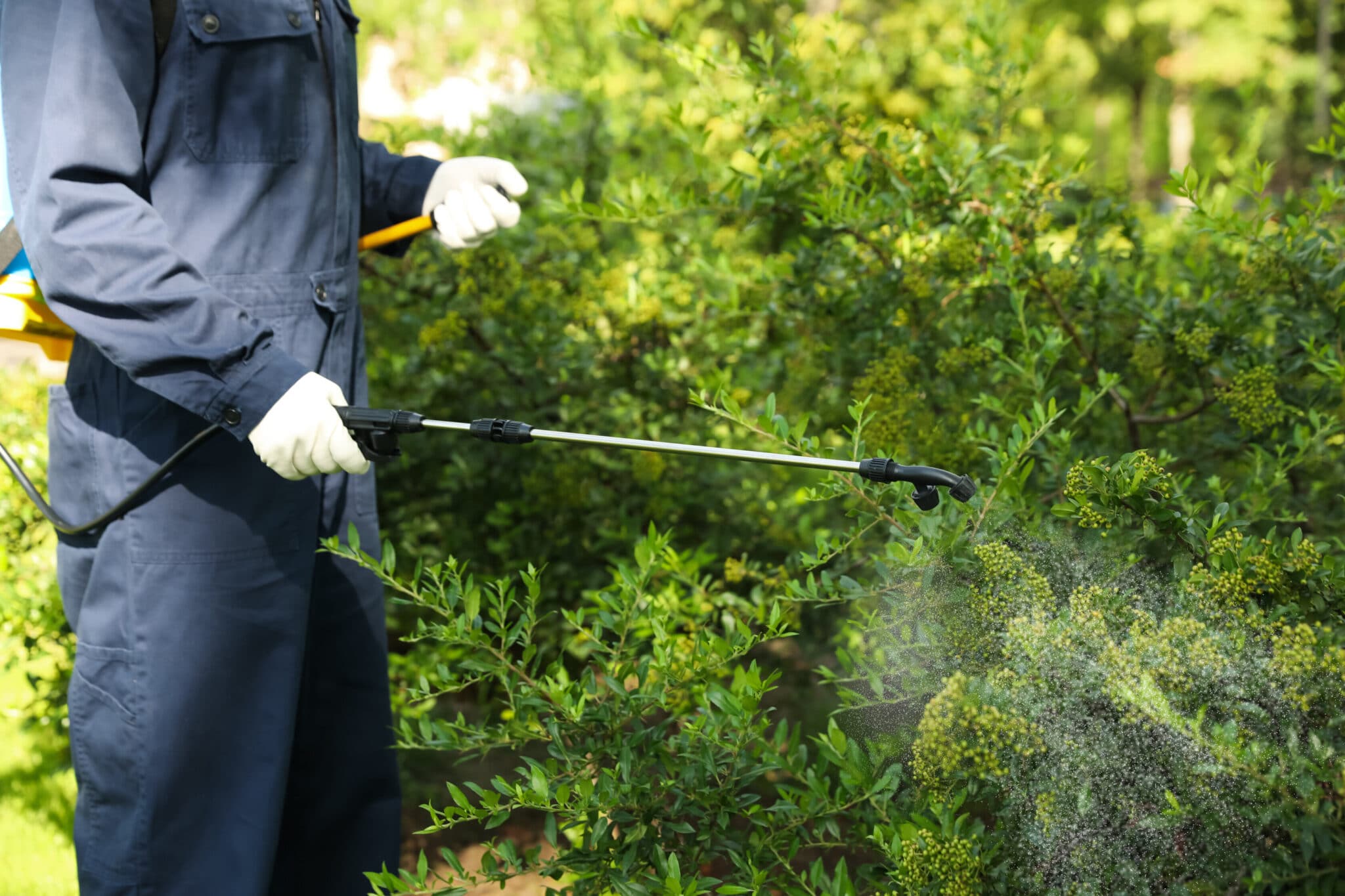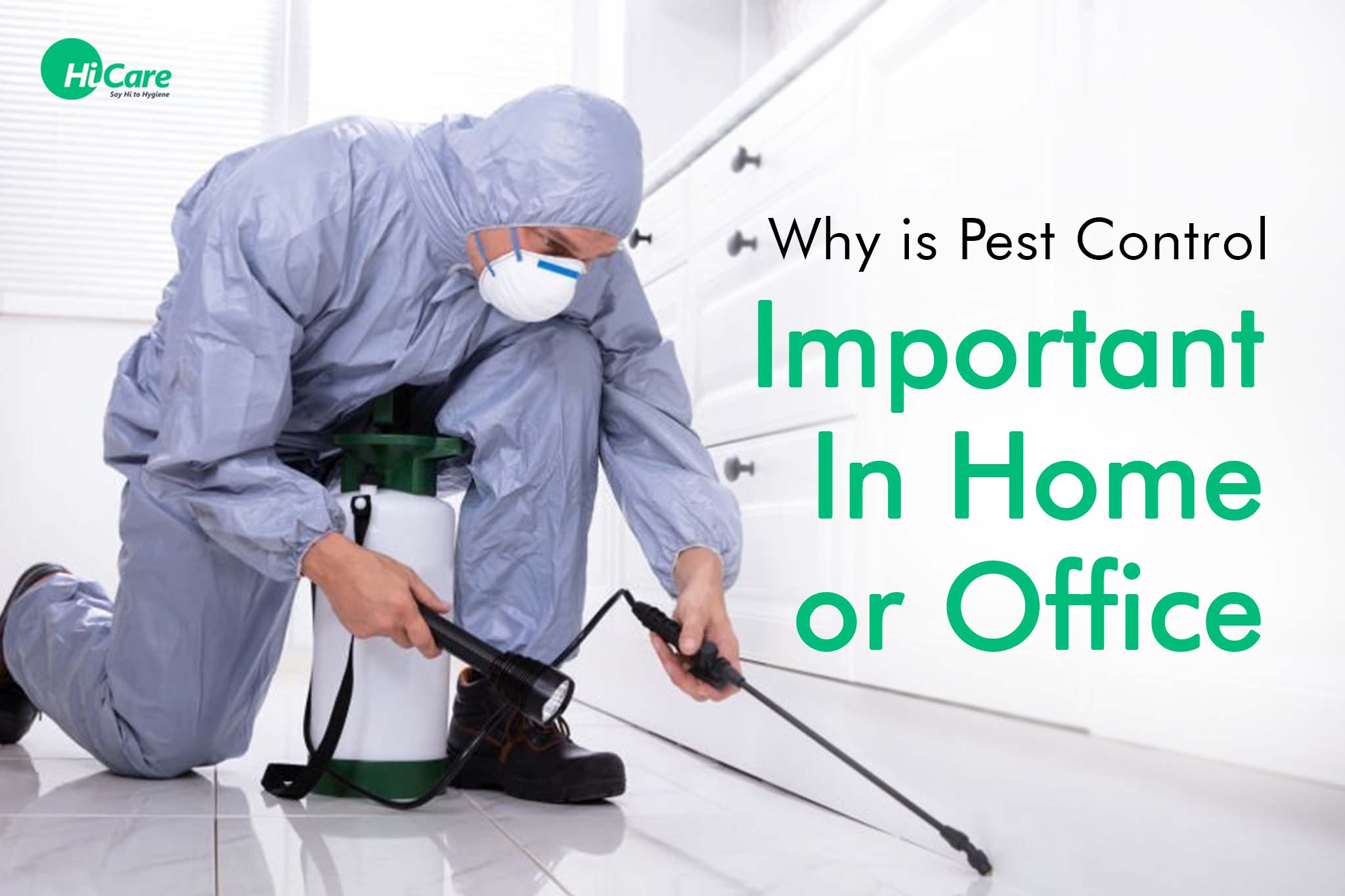Safe and Dependable Parasite Control for Lasting Defense
Effective parasite monitoring needs a complex technique that stabilizes eco-friendly stability with the demand for efficient insect suppression. The subtleties of these approaches might not be immediately clear, triggering a closer examination of the techniques that can lead to sustainable parasite control outcomes.
Comprehending Parasite Control Methods
Pest control includes a variety of methods focused on handling and removing undesirable pests and rats that can endanger both health and building. Understanding these approaches is vital for effective parasite monitoring.
The key classifications of parasite control methods include mechanical, organic, and chemical methods. Mechanical approaches entail physical barriers and traps to avoid pest entry and capture undesirable species. For circumstances, utilizing displays on windows or utilizing sticky catches can significantly decrease bug populations without introducing damaging compounds.

Chemical insect control is typically one of the most acknowledged method, making use of pesticides to remove bugs. These chemicals can be effective however have to be utilized with caution to prevent damaging results on non-target varieties and the atmosphere.
Advantages of Eco-Friendly Solutions
How can environmentally friendly remedies transform parasite control methods? The fostering of environment-friendly parasite control approaches offers many advantages, significantly boosting the performance and safety of parasite administration.

Another benefit is the positive effect on neighborhood biodiversity. Green options are made to target details parasites while protecting valuable bugs and wild animals, promoting a well balanced community. This strategy straightens with the growing consumer demand for sustainable techniques, boosting the reputation of pest control providers.
Integrated Pest Management Strategies
The implementation of environmentally friendly services naturally results in the fostering of Integrated Pest Monitoring (IPM) methods, which further enhance insect control efficacy. IPM is an all natural strategy that incorporates numerous strategies to take care of pest populaces while lessening environmental impact. This method stresses making use of biological, cultural, mechanical, and chemical controls, ensuring a balanced and sustainable approach of parasite monitoring.
One fundamental element of IPM is the thorough analysis of pest task and environmental conditions. By keeping track of pest populations and recognizing their life process, professionals can implement targeted interventions that interfere with the parasite's habitat or lifecycle, reducing reliance on chemical pesticides. In addition, cultural methods such as crop turning and environment adjustment can significantly diminish bug establishment and reproduction.
One more important part is the usage of biological control representatives, such as beneficial insects or microbes, which can normally reduce pest populations. When chemical applications are necessary, IPM focuses on the usage of low-risk pesticides and uses them precisely, Resources minimizing exposure to non-target microorganisms and human beings.
Integrating IPM techniques not just improves pest control performance but additionally advertises a much safer ecosystem, aligning with the expanding demand for lasting techniques in pest monitoring.
Safe Practices for Home Owners
Understanding the importance of safe methods in insect control can equip property owners to successfully handle bug issues while protecting their health and the environment. Implementing non-toxic approaches and safety nets is critical in lessening direct exposure to hazardous chemicals.
Homeowners must first assess their atmosphere for conditions that draw in pests, such as standing water, clutter, and food waste. Routinely cleaning and securing access points can deter bugs from invading the home. Using natural deterrents, such as essential oils or diatomaceous planet, can supply reliable options to chemical pesticides.
When chemical treatments are needed, homeowners need to select products that are specifically identified as secure for domestic usage. It is crucial to follow application guidelines carefully to avoid overexposure. i thought about this Using targeted treatments in areas where insects are determined, rather than covering spraying, can dramatically decrease chemical use.
Last but not least, keeping open communication with insect control experts is important. Home owners must ask about the safety of items made use of and request environmentally friendly choices whenever feasible. By embracing these secure techniques, property owners can develop a much healthier living atmosphere while efficiently handling parasite issues.

Tips for Long-Term Security
Establishing an insect management approach that stresses long-term security can considerably enhance the performance of the secure practices formerly discussed. To accomplish this, house owners should carry out routine evaluations of their residential property, focusing on concealed locations such as attics, basements, and crawl rooms. Early discovery of pest activity is vital in avoiding problems from taking hold.
These methods decrease attractants that draw parasites right into the home. Sealing entrance factors, such as splits around doors and windows, can effectively obstruct prospective parasite access.
Landscape design must additionally be considered; maintaining plants trimmed and keeping a distance in between plant life and the home decreases hiding places for bugs. Making use of natural deterrents, such as crucial oils or diatomaceous planet, can better dissuade problems without considering extreme chemicals.
Lastly, teaming up with a professional parasite control solution for routine examinations can supply an extra layer of safety and security. These professionals can index use tailored recommendations and progressed treatments, making sure that your home stays shielded versus insects in the long term.
Final Thought
Finally, reputable and risk-free bug control requires a complex approach that highlights environment-friendly techniques and incorporated pest administration. By applying all-natural deterrents, conducting normal evaluations, and preserving proper cleanliness, homeowner can considerably reduce parasite populaces while protecting helpful insects and the setting. Cooperation with specialist parasite control solutions enhances the efficiency of these techniques, guaranteeing tailored options that give enduring protection and comfort against future problems.
Efficient parasite administration needs a complex strategy that balances environmental integrity with the demand for reliable insect reductions. The adoption of environmentally friendly insect control methods offers various benefits, significantly improving the effectiveness and safety and security of pest monitoring.The implementation of environment-friendly services naturally leads to the adoption of Integrated Parasite Monitoring (IPM) strategies, which further enhance bug control efficacy. exterminator coquitlam. By keeping an eye on insect populations and identifying their life cycles, experts can execute targeted treatments that disrupt the bug's habitat or lifecycle, reducing reliance on chemical pesticides.In final thought, safe and reputable pest control requires a diverse technique that emphasizes eco-friendly methods and integrated bug administration